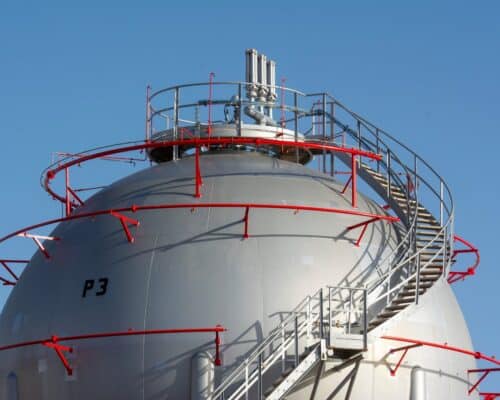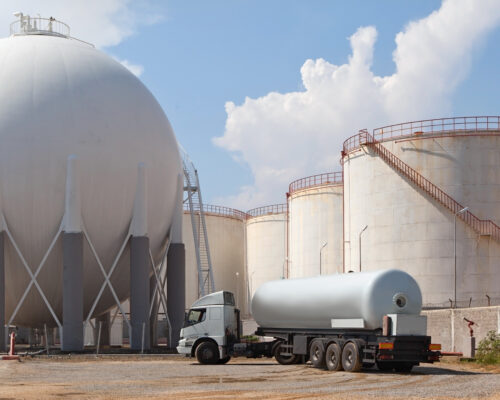More Cities Are Banning Natural Gas In Homes: But Why?
13 September 2022 – by Eric Koons Comments (0)
Indoor air pollution is linked to a range of health and environmental issues, and in response, cities are banning natural gas in homes. Gas combustion creates harmful particulate matter and carbon monoxide, severely degrading indoor air quality. In addition to the passive leaking of natural gas from stove tops, this creates an unsafe environment for those living within a home using gas for cooking. A natural gas leak can be dangerous. Along with the fact that natural gas primarily consists of methane, a potent greenhouse gas, many cities and countries are reassessing their relationship with the fuel.
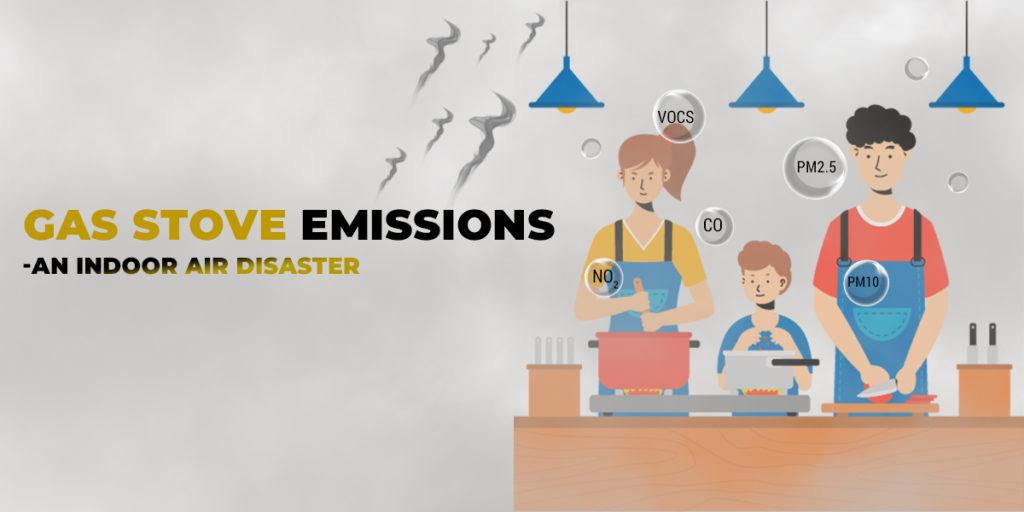
Experts are calling for a rollback on natural gas consumption as a power source and a cooking tool. As the Rocky Mountain Institute explains, “gas stoves may be exposing tens of millions of people to levels of air pollution in their homes that would be illegal outdoors under national air quality standards.”
Types of Natural Gas:
Natural gas comes in many types, such as compressed natural gas (CNG), liquefied natural gas (LNG), methane etc. Methane is most commonly used in homes.
What is Natural Gas Used for in Homes?
Natural gas is a type of fossil fuel. Burning natural gas produces energy used in many homes for heating, cooking, and powering natural gas appliances such as natural gas water heater. Some people believe that natural gas is a cleaner energy source than other fossil fuels, but it still emits greenhouse gases when burned.
New York and California Bans Natural Gas in New Homes
So far, the cities taking the lead in banning natural gas in homes are mainly in the United States. This comes from public and private pressure to protect communities from a direct source of medical issues and mitigate climate change’s effects on future generations. As a result, 50 US cities have banned natural gas infrastructure in new buildings. These cities range across the US, from Berkeley, California, to New York City, New York.
“Residential and commercial buildings account for about 12% of US greenhouse gas emissions, according to the Environmental Protection Agency. They are also crucial to natural gas sales.”
Valerie Volcovici and Nichola Groom (Reuters)
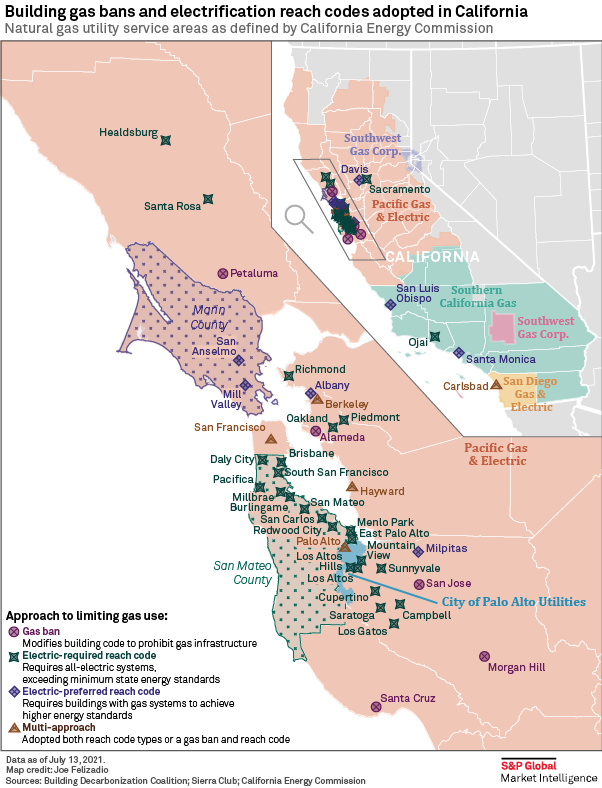
However, this is not an easy transition and remains a hot topic for debate. The American Public Gas Association (APGA) and its allies within the sector are continuing to lobby against similar laws banning natural gas in houses. They see this trend as a challenge to their growing control of the energy market.
The APGA is making it clear that they view these bans as a threat to their bottom line. Not only are they lobbying government figures, but they are trying to influence the public with ongoing media campaigns. In 2019 the APGA made public their most expensive campaign to date. It consisted of Facebook and Instagram ads showing people using natural gas-fired home infrastructure, like hot showers and fire pits, to highlight how important natural gas is in everyday life.
Natural Gas Companies Are Fighting Back
Some of these campaigns have been successful. Restaurant owners, real estate developers and some private citizens have clung to the talking points pushed by fossil fuel advocates. Natural gas is presented as a “transition fuel” to bridge between fossil fuels and renewable energy. However, renewable energy adoption is already rapidly increasing.
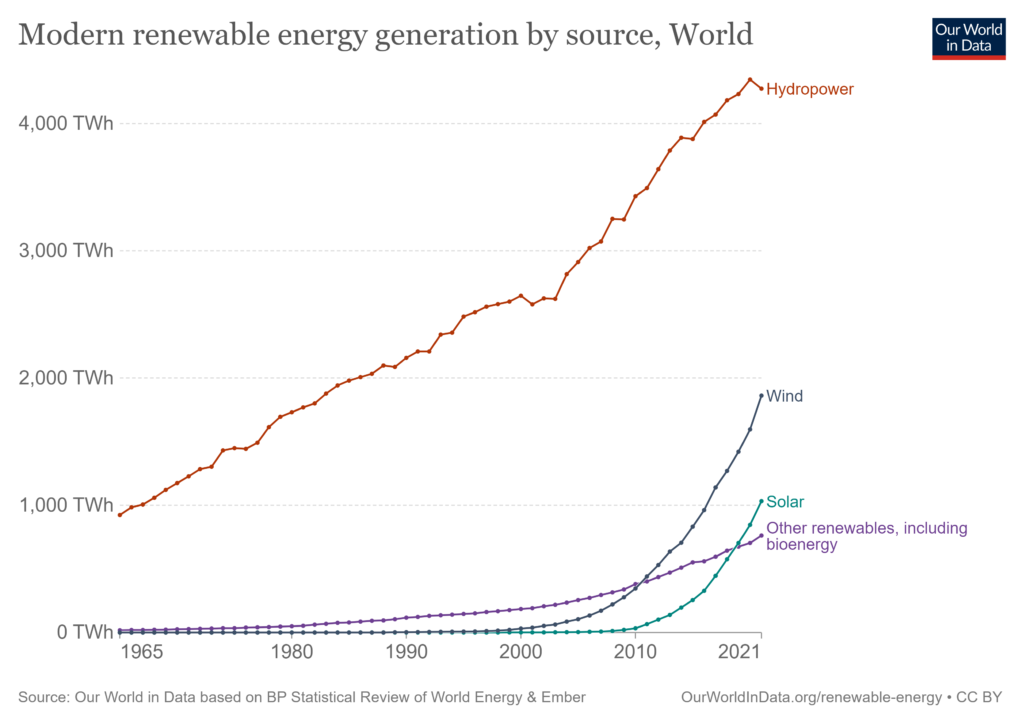
In an in-depth piece canvassing business owners and people who transitioned away from gas in favour of electric stoves, the New York Times’ Melissa Clark found that electricity-based cooking had won over prized chefs and convinced private citizens of its long-lasting benefits. Meanwhile, these benefits, it pays to remember, revolve around the health of the public and mitigating the impacts of climate change – two points that natural gas ads or lobbyists never discuss, as pointed out by the Pew Institute’s Alex Brown.
A Cleaner, Renewable Future
Removing natural gas usage from home has a far-reaching impact beyond the health of those living within the home. Using electric alternatives for cooking, power, and other needs reduces global reliance on fossil fuels like natural gas. This improves the health of current generations and the health of future ones too. It also helps in reducing carbon dioxide emissions.
“Gas has been advertised as this kind of bridge fuel, but we’re at a point where we don’t need a bridge [to renewable energy] – we need to adopt some of these renewable resources,” said Emma Searson, Go Solar campaign manager with Environment America. “We’re at the point where we can actually imagine not using fossil fuels in the home,” she added.
As such, removing natural gas entirely from the social equation is more than logical. It is necessary.
Natural gas is dangerous for our health, the planet, and future generations. Cleaner, more efficient, and cheaper alternatives exist, so there must be a rapid shift towards embracing a cleaner future.
by Eric Koons
Eric is a passionate environmental advocate that believes renewable energy is a key piece in meeting the world’s growing energy demands. He received an environmental science degree from the University of California and has worked to promote environmentally and socially sustainable practices since. Eric’s expertise extends across the environmental field, yet he maintains a strong focus on renewable energy. His work has been featured by leading environmental organizations, such as World Resources Institute and Hitachi ABB Power Grids.
Read more